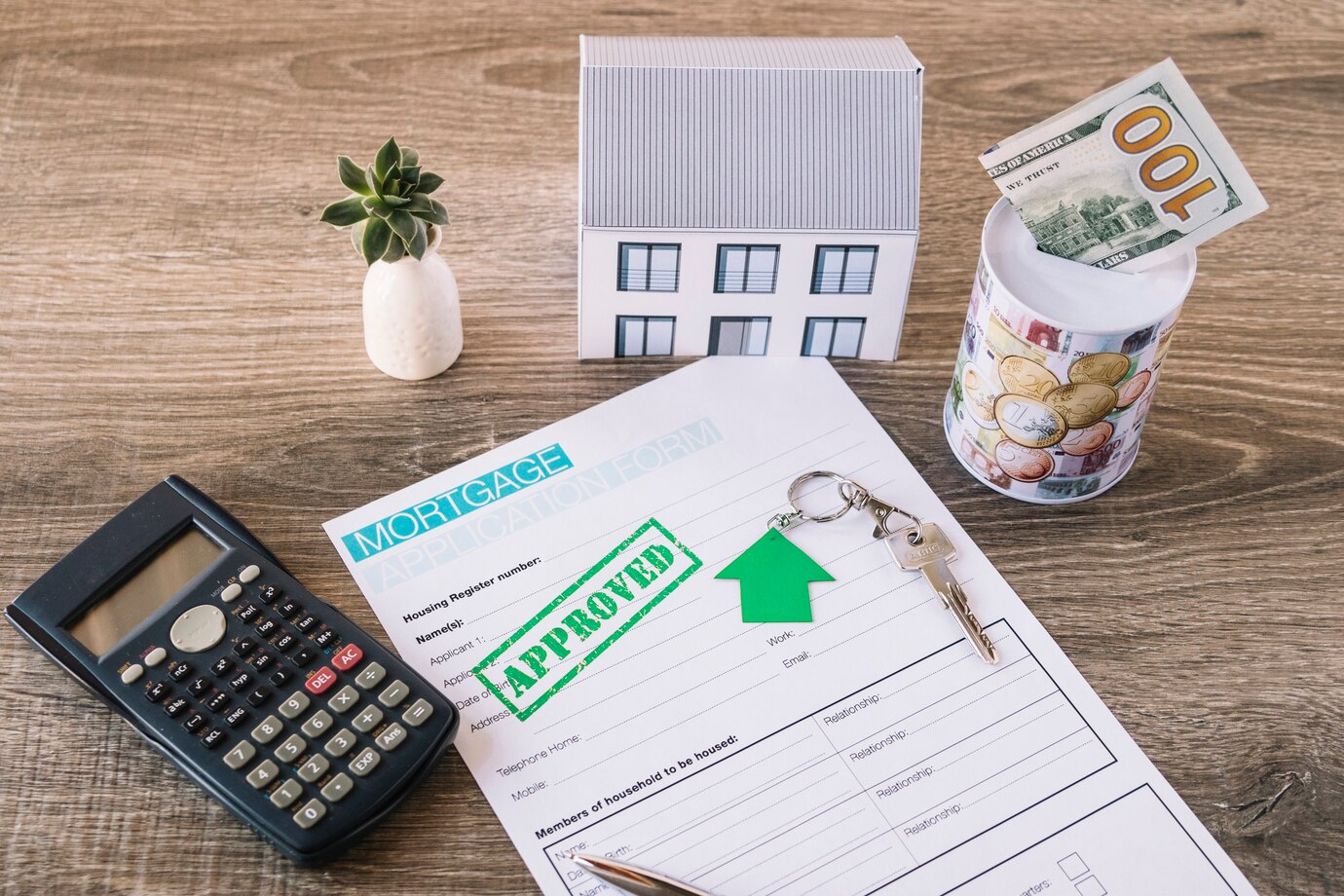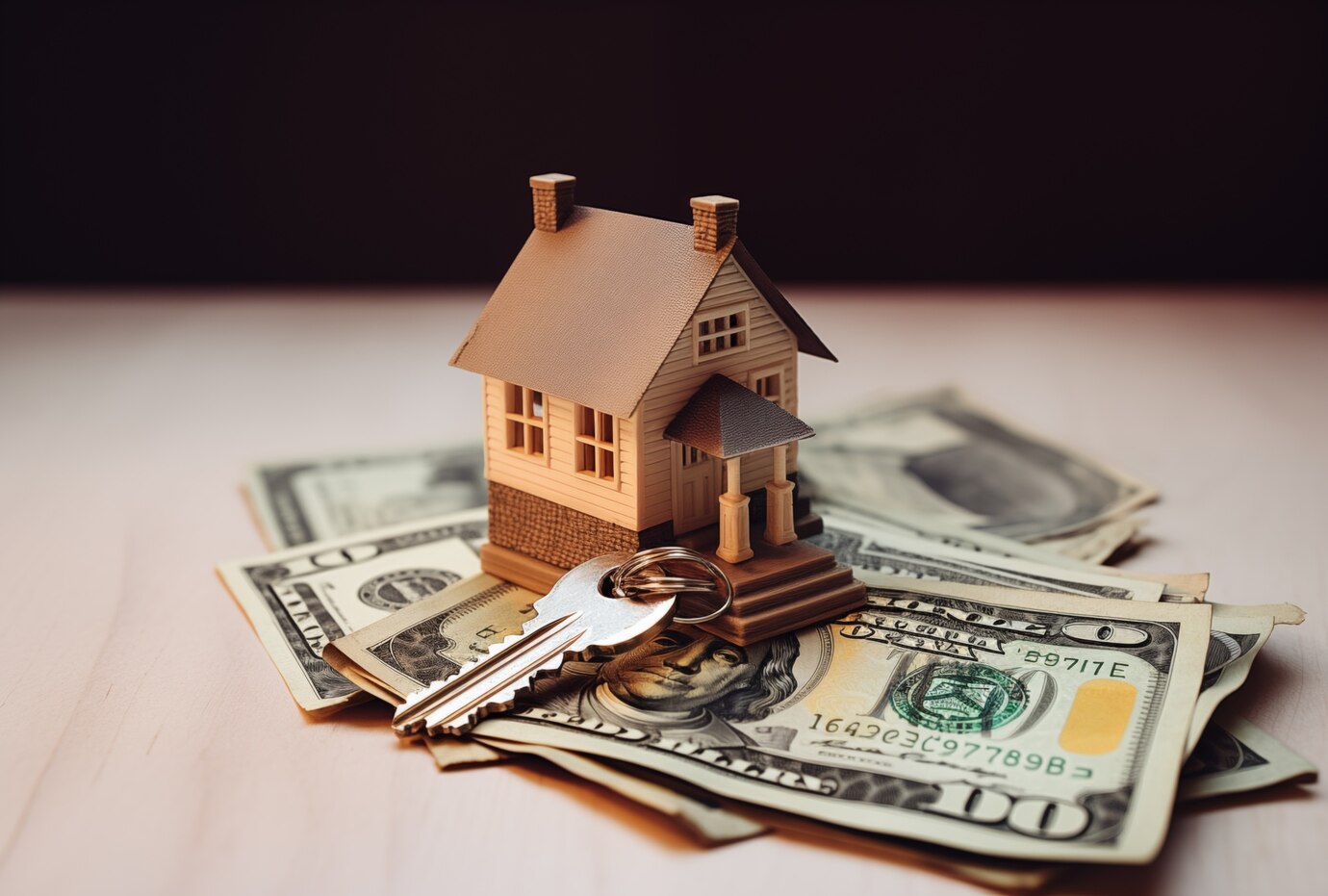When it comes to home loans, the type of interest rate you choose—fixed or adjustable—can significantly impact your financial future. Both options have their advantages and risks. Understanding how each works is critical before committing to one. Let's dive deep into fixed vs. adjustable rate mortgages to help you decide which is better for your needs.
What Is a Fixed Rate Mortgage?
A fixed rate mortgage locks in your interest rate for the entire loan term, whether it's 15, 20, or 30 years. Your monthly principal and interest payments remain consistent throughout the life of the loan.
Key Features of Fixed Rate Mortgages:
- Predictability: No matter what happens to market interest rates, your loan rate doesn't change.
- Long-term planning: Easier to budget monthly payments without worrying about fluctuations.
- Higher initial rates: Fixed mortgages usually start with a slightly higher rate compared to adjustable loans.
What Is an Adjustable Rate Mortgage (ARM)?
An adjustable rate mortgage (also called a variable rate mortgage) has an interest rate that can change periodically based on an underlying benchmark rate like the repo rate or MCLR.
Key Features of Adjustable Rate Mortgages:
- Lower initial rates: ARMs typically offer lower starting rates than fixed rate loans.
- Rate adjustments: After a fixed initial period (e.g., 3, 5, or 7 years), rates adjust periodically, usually once a year.
- Potential cost savings: If market rates fall, your payments could decrease. But if rates rise, your payments could increase substantially.
Fixed vs Adjustable: A Head-to-Head Comparison
| Criteria | Fixed Rate Mortgage | Adjustable Rate Mortgage |
|---|---|---|
| Interest Rate | Stable over loan term | Changes periodically after initial fixed period |
| Monthly Payments | Consistent and predictable | Can increase or decrease over time |
| Initial Cost | Usually higher | Usually lower |
| Risk Level | Low (no surprises) | High (depends on market movements) |
| Best For | Long-term homeowners | Short-term homeowners or those expecting falling rates |
When Should You Choose a Fixed Rate Mortgage?
- Planning to stay long-term: If you plan to live in the home for 10 years or more, fixed rates offer stability.
- Expecting rising interest rates: Locking in a rate now protects you from future hikes.
- Risk-averse: If financial predictability is important to you, fixed is safer.
When Should You Choose an Adjustable Rate Mortgage?
- Short-term ownership: If you plan to sell or refinance within a few years, you can benefit from lower initial rates.
- Expecting falling rates: If you believe market rates will decline, an ARM can lower your payments over time.
- Higher income potential: If you anticipate higher future income, you may comfortably absorb any payment increases later.
Important Things to Consider With ARMs
Before choosing an adjustable rate mortgage, carefully review the following:
- Initial rate period: How long the introductory fixed rate lasts.
- Adjustment frequency: How often your rate can change after the fixed period ends.
- Caps: Limits on how much the interest rate can rise at each adjustment and over the loan's life.
- Margin: The fixed percentage added to the benchmark rate to calculate your new rate.
Hybrid Mortgage: A Middle Path
Some lenders offer hybrid loans that combine features of both types. These loans start with a fixed rate for a few years and then switch to adjustable rates. This option can give you the best of both worlds if you plan well.
Which Option Is Right for You?
Your decision should depend on:
- How long you intend to stay in the home
- Your risk tolerance and comfort with fluctuating payments
- Your financial stability and growth expectations
- Current and expected future interest rate trends
Conclusion
Both fixed and adjustable rate mortgages offer unique advantages depending on your financial situation and goals. Fixed rates provide stability and peace of mind, while adjustable rates offer lower initial costs but with greater risk. Carefully assess your needs, market conditions, and financial outlook before making your choice. Remember, choosing the right mortgage type can save you lakhs of rupees over the life of the loan!
Need help calculating how different mortgages affect your budget? Try our Home Loan EMI Calculator to plan better!
Also Read: Fixed vs Floating Interest Rates: Which Is Better for Home Loans?.




